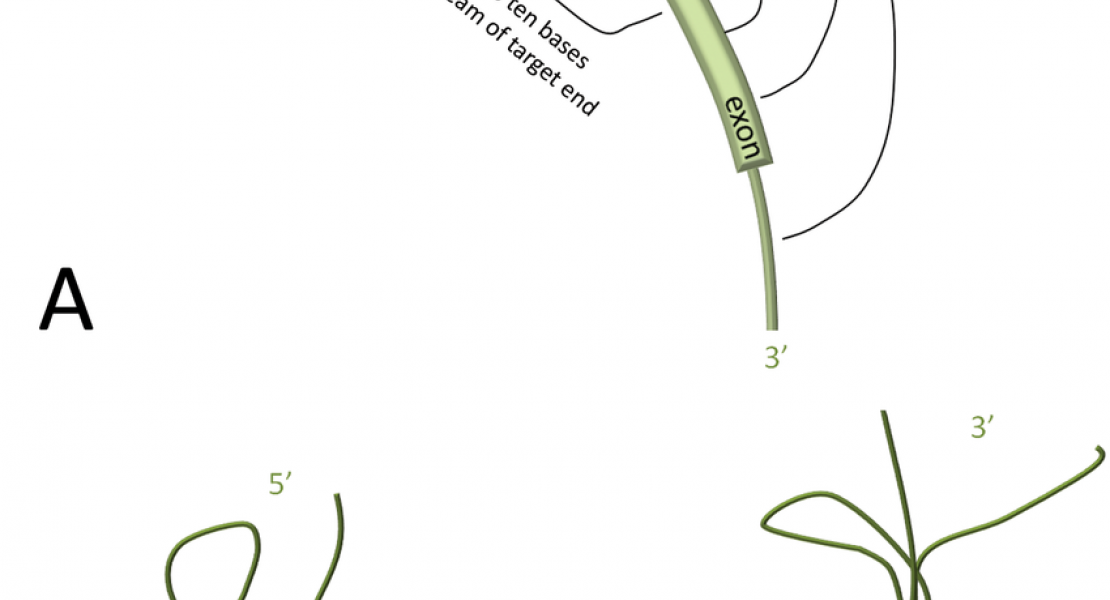A range of complex probabilistic models for RNA secondary structure prediction that includes the nearest-neighbor model and more

Abstract
The standard approach for single-sequence RNA secondary structure prediction uses a nearest-neighbor thermodynamic model with several thousand experimentally determined energy parameters. An attractive alternative is to use statistical approaches with parameters estimated from growing databases of structural RNAs. Good results have been reported for discriminative statistical methods using complex nearest-neighbor models, including CONTRAfold, Simfold, and ContextFold. Little work has been reported on generative probabilistic models (stochastic context-free grammars [SCFGs]) of comparable complexity, although probabilistic models are generally easier to train and to use. To explore a range of probabilistic models of increasing complexity, and to directly compare probabilistic, thermodynamic, and discriminative approaches, we created TORNADO, a computational tool that can parse a wide spectrum of RNA grammar architectures (including the standard nearest-neighbor model and more) using a generalized super-grammar that can be parameterized with probabilities, energies, or arbitrary scores. By using TORNADO, we find that probabilistic nearest-neighbor models perform comparably to (but not significantly better than) discriminative methods. We find that complex statistical models are prone to overfitting RNA structure and that evaluations should use structurally nonhomologous training and test data sets. Overfitting has affected at least one published method (ContextFold). The most important barrier to improving statistical approaches for RNA secondary structure prediction is the lack of diversity of well-curated single-sequence RNA secondary structures in current RNA databases. Keywords: RNA secondary structure prediction; probabilistic models; language for RNA grammar parsing; stoch
